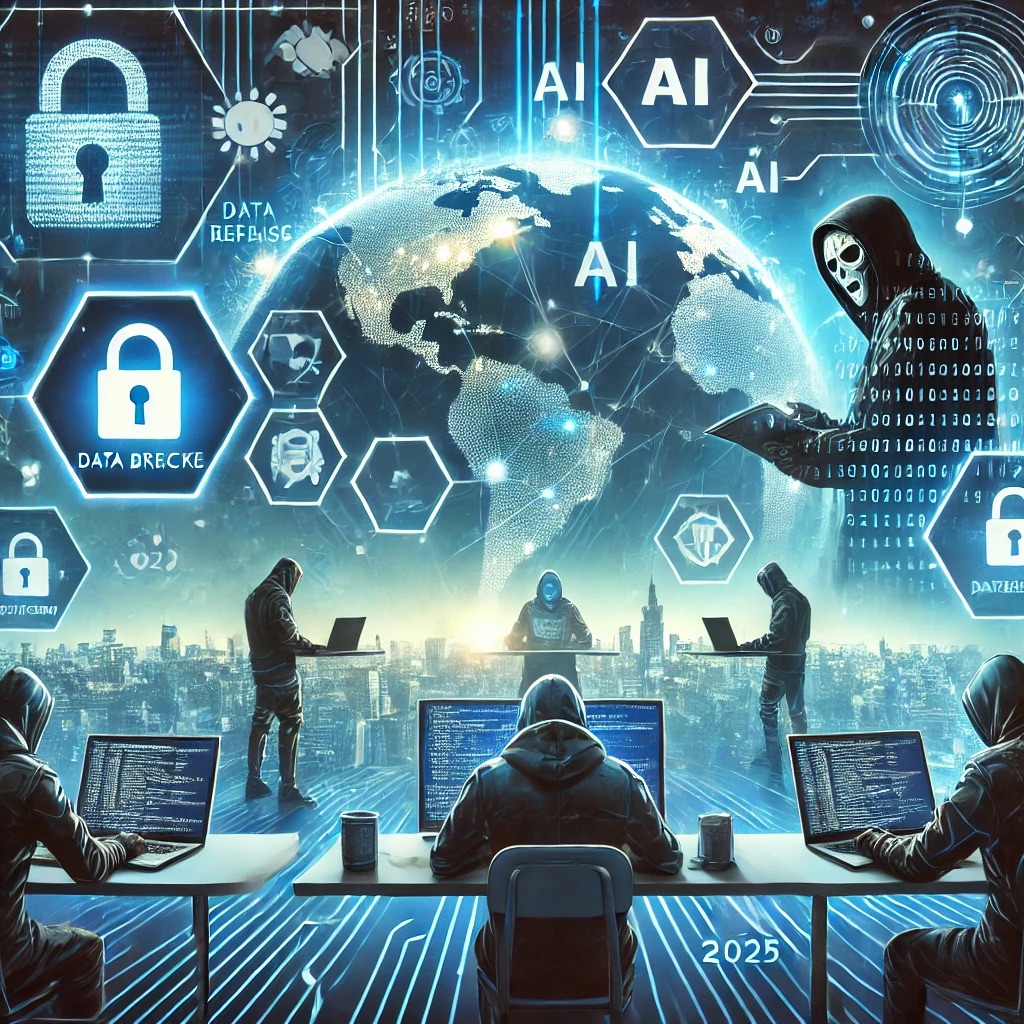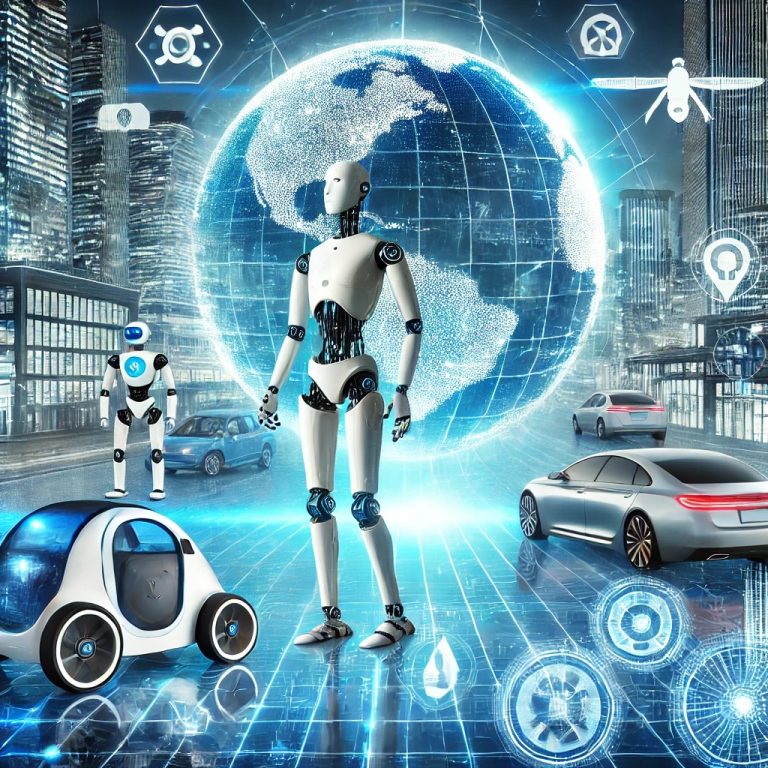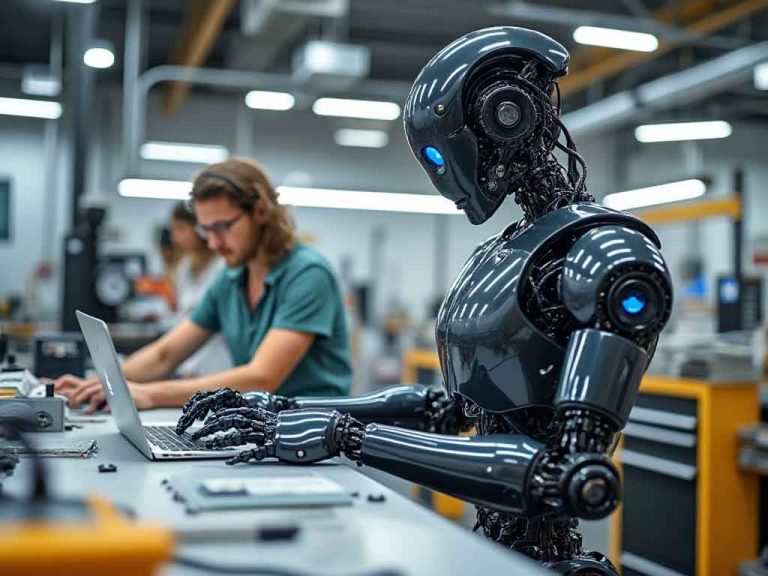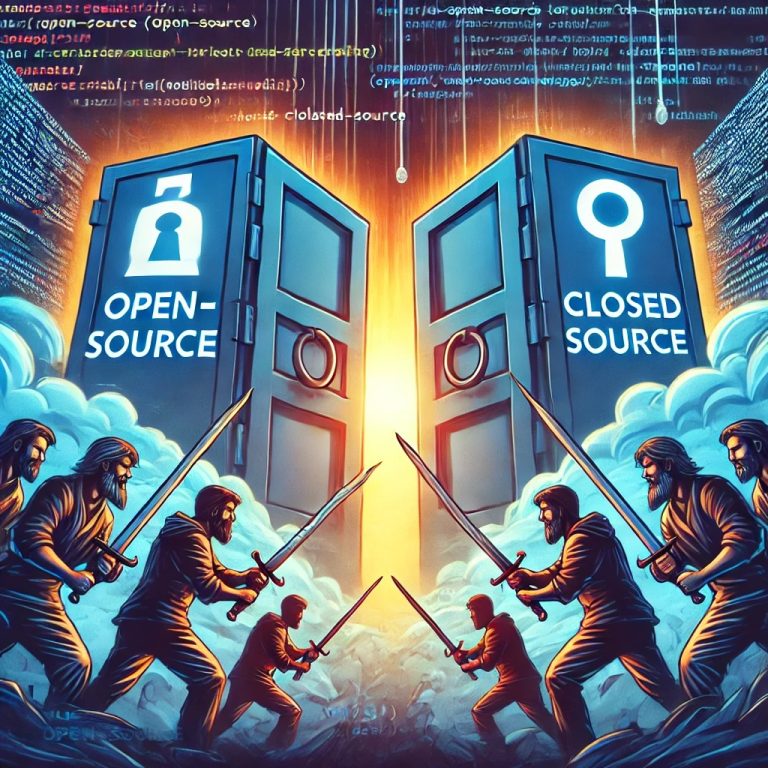If you think your data is safe, you’re already a target.
Every year, cybersecurity threats get more sophisticated, and every year, most people do absolutely nothing to protect themselves. Meanwhile, corporations and governments are getting hacked left and right, personal data is being sold like cheap merchandise, and AI-powered cyberattacks are making traditional security look like a joke.
Welcome to 2025—where the biggest threat to your privacy isn’t just hackers anymore. It’s your own ignorance.
The Cybersecurity Threats No One Wants to Talk About
People assume cybersecurity means strong passwords and antivirus software. Cute. Here’s what’s actually happening:
1. AI-Powered Hacking
AI is not just for automating boring tasks anymore. Hackers are using AI to:
• Crack passwords in seconds by predicting human behavior.
• Launch phishing attacks that are indistinguishable from real emails.
• Automate malware development, so they don’t even need to write the code themselves.
Meanwhile, most companies are still using outdated security measures that AI can bypass effortlessly.
2. Corporate Data Leaks (a.k.a. Your Personal Info on the Dark Web)
You know all those “Oops, we had a data breach!” emails you keep getting? Yeah, those aren’t accidents.
• Facebook, Google, and Microsoft have all had massive data leaks—your info is already out there.
• Ransomware attacks are now multi-billion dollar businesses.
• Companies don’t care about your privacy—they just care about covering their own mistakes.
3. Governments Are Watching You (And So Are Hackers)
Surveillance isn’t just a conspiracy theory—it’s business as usual.
• Governments are buying data from private companies to track citizens.
• AI-powered facial recognition can ID you in public in seconds.
• Your phone? It’s a 24/7 tracking device, even if you disable location settings.
The kicker? The same backdoors governments use for surveillance are being exploited by hackers. The illusion of “national security” just means your data is getting compromised by two groups instead of one.
Why People Still Fall for the Same Security Mistakes
Hackers aren’t winning because they’re geniuses. They’re winning because people are lazy.
• Weak passwords – If your password is “123456” or “password,” congratulations, you’ve already been hacked.
• Phishing scams – Clicking random links in emails because they “look legit.”
• No 2FA (Two-Factor Authentication) – Because taking 10 extra seconds is apparently too much effort.
• Ignoring software updates – Updates exist for a reason. That “remind me later” button is an open invitation for hackers.
Most cyberattacks don’t even require advanced hacking skills. They just require people to keep making the same dumb mistakes.
The Future of Cybersecurity (And Why It’s Getting Worse)
AI security tools are getting better—but so are AI-powered attacks.
• Deepfake scams will make phishing impossible to detect.
• Quantum computing will eventually make current encryption useless.
• Automated botnets will launch attacks at a scale we’ve never seen before.
At this rate, cybersecurity isn’t about whether you’ll get hacked—it’s about how long you can delay the inevitable.
What You Can Do (If You Actually Care About Your Security)
Most people won’t take any action until they get hacked. If you’re smarter than that, here’s what you should already be doing:
✅ Use a password manager – Stop using the same weak passwords everywhere.
✅ Enable 2FA (Two-Factor Authentication) – At least make hackers work for it.
✅ Stop clicking on sketchy links – If an email looks too good to be true, it is.
✅ Use end-to-end encrypted messaging apps – Telegram and Signal exist for a reason.
✅ Keep your software updated – Security patches matter.
✅ Get a VPN – No, it’s not just for “hiding your illegal downloads.” It protects your browsing data.
Final Thought: The Illusion of Security is Worse Than No Security at All
Thinking you’re “probably safe” is the fastest way to get hacked. The internet is a battlefield, and most people are completely unarmed.
Cybersecurity isn’t optional anymore. Either take it seriously now, or regret it later. Your choice.







